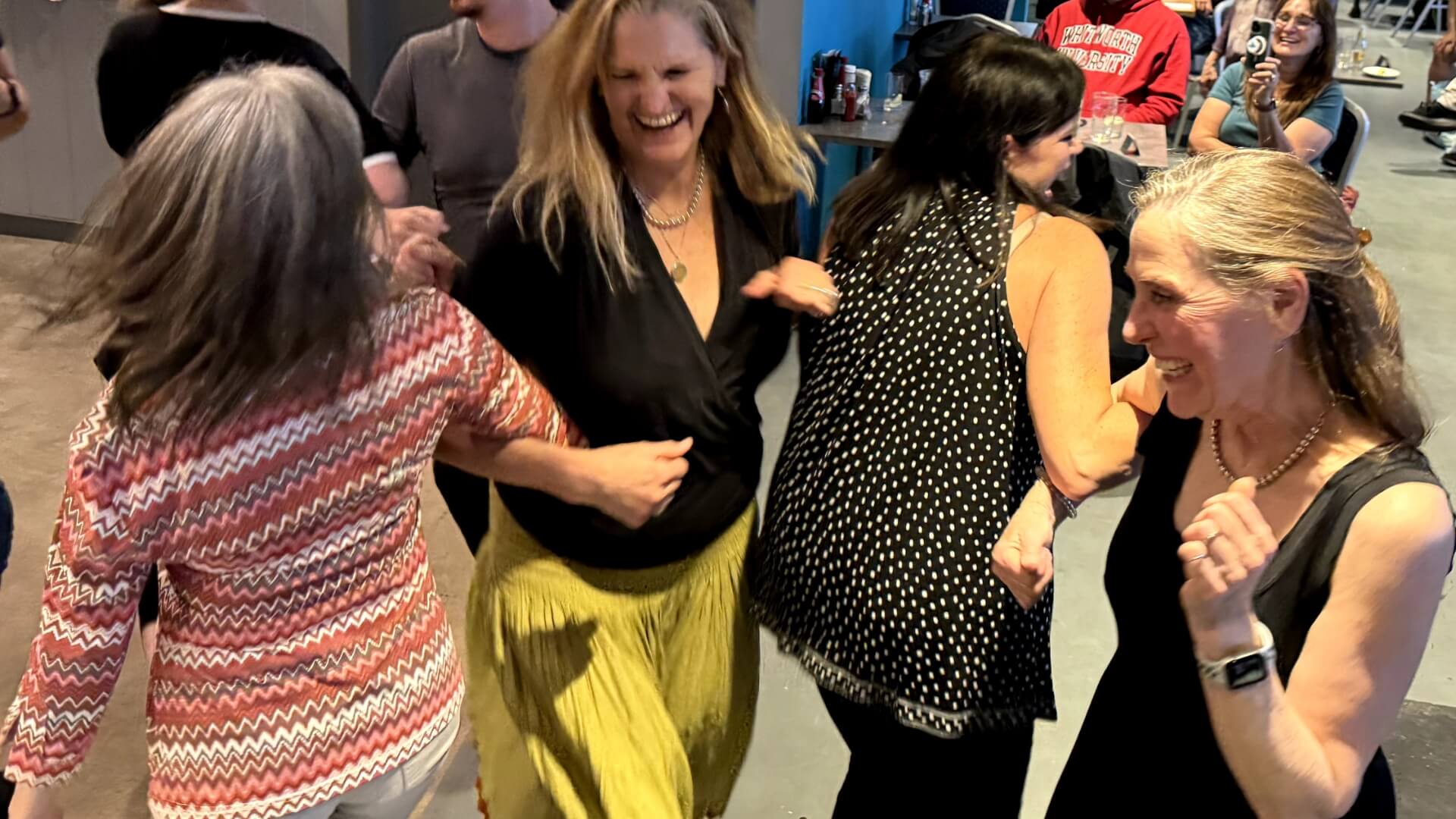Back in May, NextTribe posted a tribute to the vital life and career of actress Margot Kidder, 69, who was found to have “peacefully” succumbed in her sleep in her Montana home. Margot had suffered from bipolar disorder—an extraordinary challenging form of mental illness for which there is no cure.
“It’s a big relief that the truth is out there. It’s important to be open and honest so there’s not a cloud of shame in dealing with this.”
But it was her vibrancy as an actress and as an outspoken activist for progressive causes that was at the heart of our piece. Indeed, I must confess, at the time of her death, the cause of which was conspicuously unmentioned, I suspected suicide. And shortly after her death, the suicide of designer Kate Spade led us to write more fulsomely on suicide in midlife and older women. The reader response was astonishing, and in Facebook posts, women shared painfully intimate stories.
Yesterday it was revealed that Margot Kidder’s cause of death was, indeed, suicide, brought on by an intentional overdose of drugs and alcohol. Margot’s daughter, Maggie McGuane, released a statement: “It’s a big relief that the truth is out there. It’s important to be open and honest so there’s not a cloud of shame in dealing with this.”
Years ago, Margot had described her bipolar disorder (which was shared by the late Carrie Fisher, who spoke of it openly and boldly, and by Kate Spade, who, tragically, hid it) as “mood swings that could knock over a building.” Still, a cloud of shame and a vague judgmental attitude has hung over suicide and over mental illness and severe depression, especially among women—and, per Spade’s case, especially if they had children. I never read anything less than glowing tributes about Anthony Bourdain, who hung himself a few days after Spade did and who also left a daughter, which is not to negate the utter tragedy of his own severe depression but merely to make a gender point.
Removing the Silence and Shame
It feels that a subtle new movement is growing to not merely remove the silence and shame about mental distress and suicide among women (and men) but to re-shape the whole conversation, to make a person’s life accomplishments—not the cause of her death—the focus of the news account, and only then to make the point that the fact that those accomplishments were undertaken despite mental challenges is valorous.
Last week, a heartbreaking—and template-breaking—obituary appeared in the New York Times about a 46-year-old immigration and human rights attorney Amy Meselson, whose unceasing advocacy on behalf of hundreds of vulnerable immigrants and refugees, especially children, was heroic and improved countless lives.
Let’s try to tear away the invisible blanket of shame and secrecy around women’s non-physical illnesses and their sometimes desperate pain.
What was notable—what was catch-in-the-throat-making—was the fact that only at the end of the article was it mentioned that she had committed suicide and had suffered from depression since she was a teenager and attention deficit disorder and extreme anxiety more recently. Amy’s mother, Sarah Meselson, said that she wanted to be frank about Amy’s illnesses for two reasons: “to emphasize … that it is not always possible to comprehend the level of suffering that others may be experiencing” and “to applaud my daughter for all that she has accomplished despite her mental illness.”
In honor of Margot Kidder, Kate Spade, Amy Meselson—and so many others—let’s adopt those wise, loving words as guidelines as we continue to try to tear away the invisible blanket of shame and secrecy around women’s non-physical illnesses and their sometimes desperate pain. And, in the process, try to find a way to help the sufferers.























0 Comments